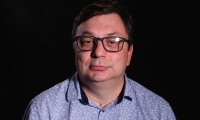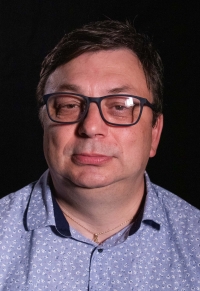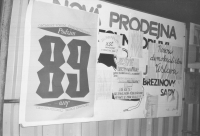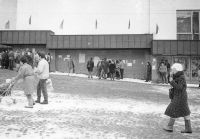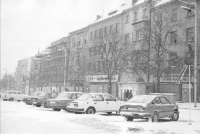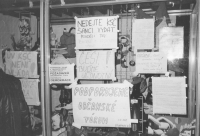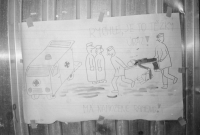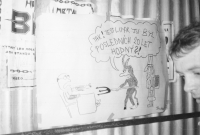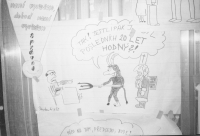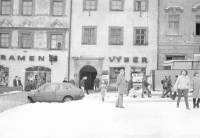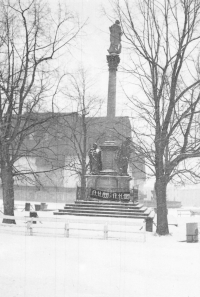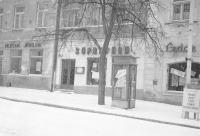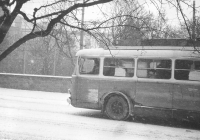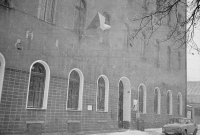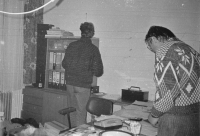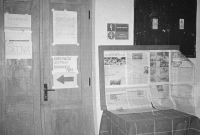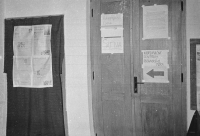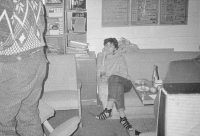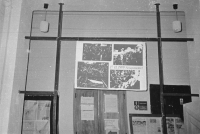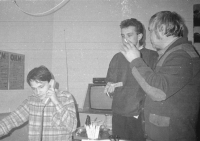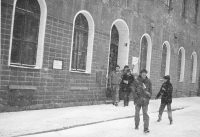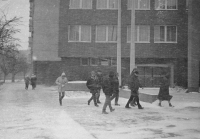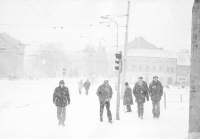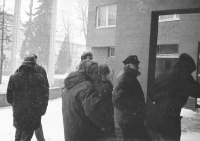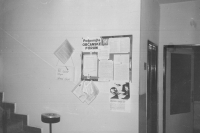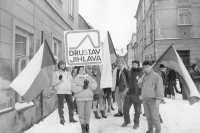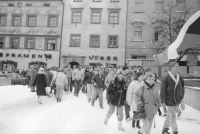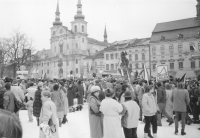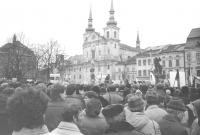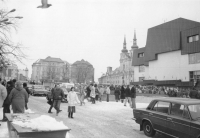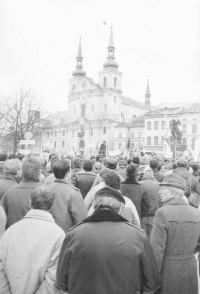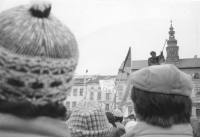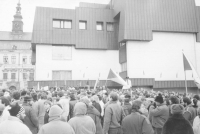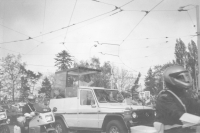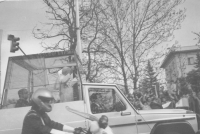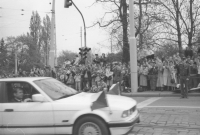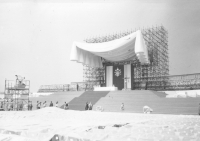Communists tried to lied their way out of it but people didn’t trust them anymore
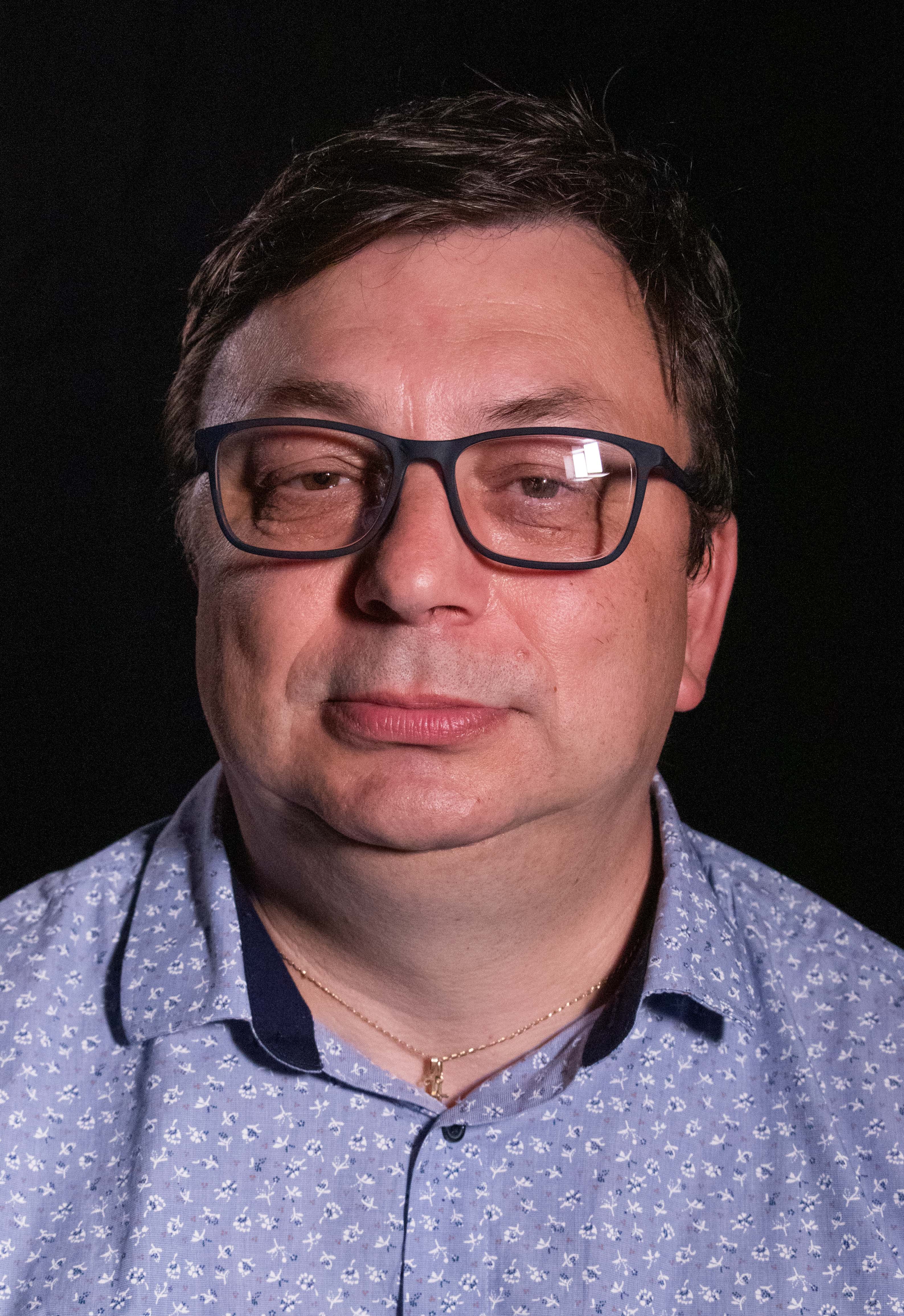
Download image
Jiří Antonín was born on June 7, 1966 in Třebíč, but he has spent most of his life in Jihlava. His relatives led him to Christian faith but already in primary school he understood that proclaiming a faith was not desirable in socialist Czechoslovakia. He lived a rich cultural life while growing up and strongly experienced how art was being hampered under the Communist totalitarian rule. After graduating high school he studied at university for two years, but left the studies due to medical reasons and found a job as a planning engineer in Drustav Jihlava construction company. In the late 1980s he felt the changing mood of a society that wanted to live freely, and joined the fourty thousand signatories to the „Několik vět“ petition. After November 17, 1989 he joined the demonstrations in Jihlava, became a member of the Civic Forum and actively participated in its activities. After the fall of Communism, he further engaged in the Civic Forum, helping with setting up the subsequent general election. After the division of Civic Forum, he joined the Civic Democratic Party and was involved in regional policy. He then changed jobs and became an IT specialist in Česká spořitelna.
